With seconds to spare, I think I have chanced upon my music book of the year. Such choices are always frighteningly subjective, relying as they do on the narrow musical tastes of the chooser, his or her sex, age, education and ambient level of grumpiness. So I make no claims for this book beyond the fact that I liked it a lot. You might not like it, although the book’s author would probably think you were wrong. He has been a rock critic for many years, and old habits of the species (intellectual arrogance, superhuman obstinacy, absolute belief in the correctness of one’s tastes) die very hard.
Andrew Mueller’s It’s Too Late To Die Young Now (Foruli Codex, £9.99) is subtitled ‘Misadventures In Rock and Roll’. Not unlike Mark Ellen’s excellent Rock Stars Stole My Life!, it’s a memoir of a life misspent in inky music magazines, in the golden age when such things actually existed. Mark Ellen began his inky career in the 1970s and stretched it out until a couple of years ago, when his impossibly quirky magazine The Word finally folded. Andrew Mueller, a dozen years younger, grew up in Sydney and emigrated to London in 1990 purely in order to write for Melody Maker.
I should probably mention here, in the interests of fair play, that I know Andrew slightly: not well enough to feel embarrassed about enjoying his book as much as I have done, but well enough to know that he writes as he speaks, in complete sentences with subordinate clauses, and drawing breath only when he has reached the end of the paragraph. He has a sharp, snappy style that frequently teeters in the direction of the baroque, and he can be very funny. And in this book, he captures exactly the wonderful inconsequentiality of the rock journo’s life: reviewing terrible gigs, slagging off terrible albums, interviewing half-witted musicians, hanging out with hacks even worse dressed and more psychologically disadvantaged than you are yourself, all for 10p a word.
It’s all gone now, of course. Not just the magazines themselves, but the legendary bile and high-handedness of old-school rock criticism have been swept from the map. Such magazines as survive are ‘fearful of alienating the readers and advertisers they still have, whereas music magazines of the pre-internet age could alienate their readers and advertisers all they liked, secure in the knowledge that there was nowhere else for their readers and advertisers to go. But it’s a logic that denies a fundamental truth of the relationship that the sort of people who buy music magazines have with music: they love hating the music they hate nearly as much as they love loving the music they love.’
How true. Andrew Mueller hates The Doors more than any band in the world, with Dire Straits a close runner-up. I have a very old friend who was obsessed with The Doors in his adolescence, which happened to coincide with my adolescence, so I have some sympathy with Andrew’s opinion — or blind prejudice, if you prefer. What’s odd is that these violent loathings never seem to fade. You assume that they are a symptom of youth, but I have been borne happily into middle age on the back of my detestation of certain bands, notably Oasis, Keane and Mumford & Sons — bands who are not just bad, but whose badness is so profound that you cannot begin to imagine that they could do anything that was any good. That’s why, I think, I found my enjoyment of the new Coldplay album so disturbing earlier this year: it ran counter to a prejudice that had fed my soul for more than a decade. Overnight, an apparently limitless source of nourishment had simply dried up. As Andrew says, this is ‘one of the things that divides the music press reader — and certainly the music press writer from the obviously better-adjusted majority. Most people simply ignore music they don’t like. Only a few regard it as an insult.’
Nor is this limited to connoisseurs of pop music. Another old friend of mine, a classical music obsessive, believes that the music of Felix Mendelssohn is a disgrace, and would rather it wasn’t played in public. Finally we begin to understand why the question, ‘What sort of music do you like?’ is always so difficult to answer: because there’s so much of it, and we don’t know where to start. Far easier if someone asks us, ‘What sort of music do you hate?’ We can tell them that, at considerable length and in exhaustive detail, until they are running for the hills, and not looking back.
Got something to add? Join the discussion and comment below.
Get 10 issues for just $10
Subscribe to The Spectator Australia today for the next 10 magazine issues, plus full online access, for just $10.

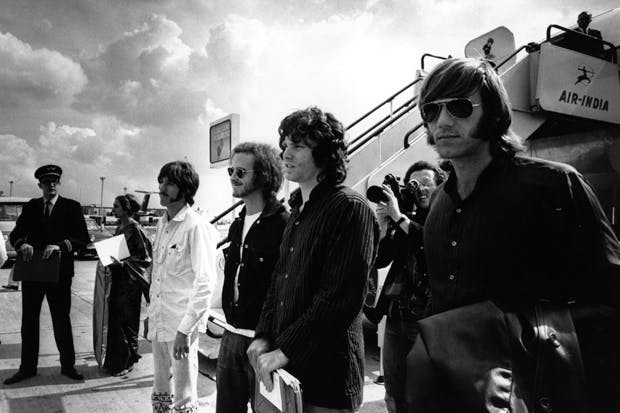
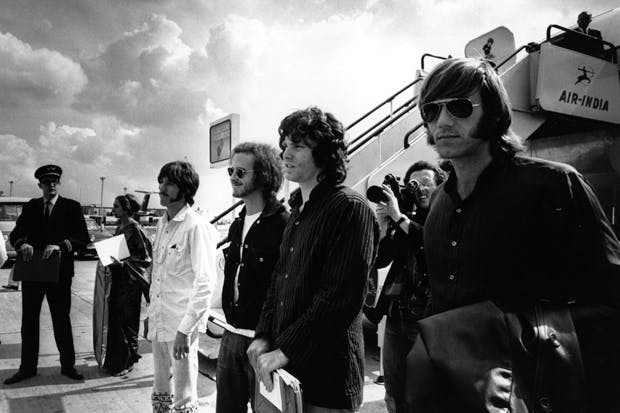
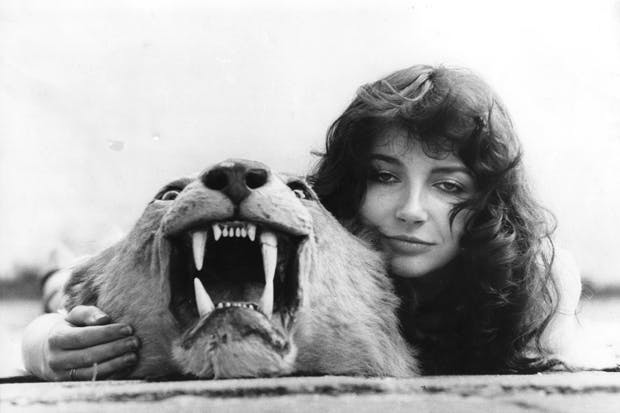
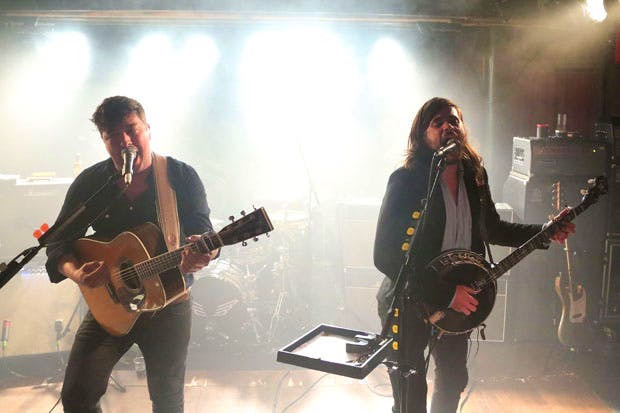
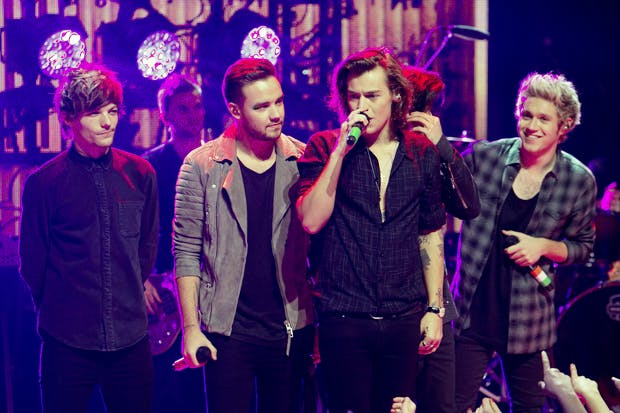






Comments
Don't miss out
Join the conversation with other Spectator Australia readers. Subscribe to leave a comment.
SUBSCRIBEAlready a subscriber? Log in